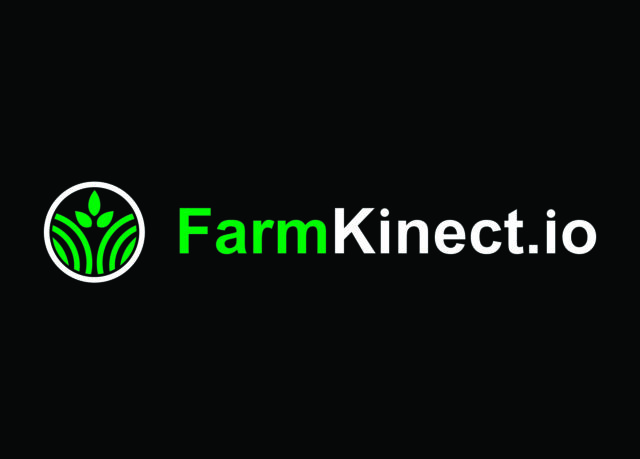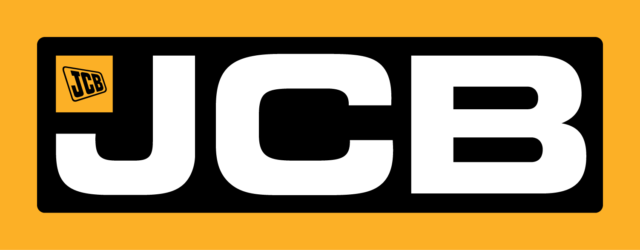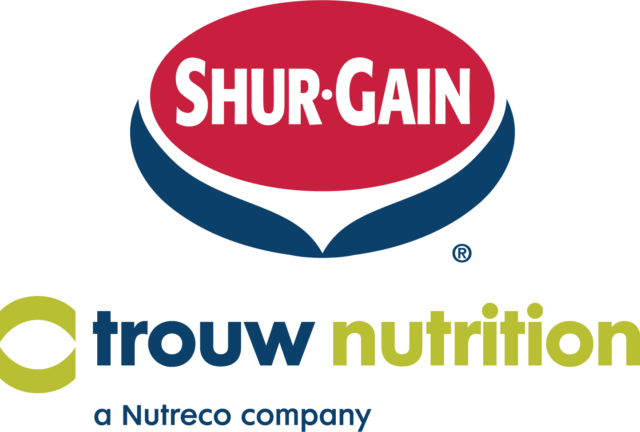Heat stress affects dairy cows beyond reduced milk yield, impacting immune function, reproductive health and fetal development. This toll ultimately affects your bottom line, potentially for years to come.
Dry cows in the dairy industry, experiencing impacts from heat stress, incur substantial economic losses exceeding $1.5 billion annually in the United States alone. This manifests as reproductive issues and impaired immune function due to heat stress disrupting normal udder development, directly affecting milk production. Furthermore, as the dry period coincides with the final trimester of gestation, it can detrimentally influence fetal growth during pregnancy. Heat stress during the dry period, costing around $810 million in lost milk production, underscores the importance of considering long-term effects.
Effects in Utero: Maternal Heat Stress and Offspring Viability
Maternal heat stress during gestation has profound and lasting effects on fetal calves, impacting their overall health, development and economic value in the dairy industry. Firstly, heat stress compromises the calf's immune system, making it more vulnerable to diseases throughout its life. When a pregnant cow experiences heat stress, the calf's ability to absorb antibodies (IgG) from its mother's colostrum or first milk is hindered, setting the stage for weakened immunity from birth.
Secondly, maternal heat stress leads to reduced organ development and lower birthweights. The redirected energy in heat-stressed cows prioritizes self-protection over fetal nourishment, resulting in calves with smaller, less functional organs. These smaller organs not only affect the calf's initial ability to protect itself but also hinder its growth and resilience to environmental stressors, especially heat, as it matures.
Lastly, exposure to heat stress during gestation affects the calf's ability to regulate body temperature effectively. These calves are pre-programmed to struggle with heat, making them more susceptible to heat-related stress upon birth. This increased vulnerability can jeopardize their survival and future productivity, potentially leading to premature culling from the milking string and financial losses for dairy operations.
Maternal heat stress during gestation imposes a trifecta of challenges on calves, compromising immune function, stunting their growth and impeding their ability to regulate body temperature, ultimately impacting their viability and economic value within the dairy industry.
Caring for Youngstock: Investing in Future Productivity
Youngstock, particularly calves, often receive less attention on dairy farms, with the focus primarily on the lactating cows that generate immediate revenue. It's understandable; after all, calves require constant care and feeding for around 18 months before they start producing milk themselves. However, it's crucial to think beyond short-term gains and consider the long-term profitability of the farm. Mortality rates in pre-weaned dairy heifers are estimated to be between 8% and 11% in the United States. More than 30% of that loss is because of failure of passive transfer.
Calves born to heat-stressed cows and fed their mother's colostrum don't absorb antibodies (IgG) as effectively as calves born to cows that were not heat-stressed and fed their mother's colostrum.
Neglecting calf care now can lead to immune challenges and premature culling down the line, ultimately impacting the farm's bottom line.
Proper investment in calf health and well-being is key to the long game. By prioritizing the nurturing and development of calves, farmers can ensure they reach their full genetic potential, contributing significantly to the farm's success in the future. It's about balancing immediate gains with future profitability, recognizing that proper calf care is essential for maximizing overall farm productivity and sustainability.
Solutions for Heat Stress: Proactive Measures for Herd Health
Impacts of heat stress on dairy cows extend far beyond immediate milk production declines, with profound implications for overall herd health and farm profitability. Maternal heat stress in utero significantly affects fetal development, leading to compromised growth, immune function, and long-term productivity in offspring. These calves often enter the world with lower birthweights and compromised immune systems, impacting their immediate health, their future development and milk production. These impacts last for generations, so understanding and mitigating them are crucial for maximizing farm profitability.
However, it’s not all doom and gloom. Combating heat stress requires proactive measures. Ensuring all cattle, including calves and youngstock, have access to fresh, cool water and implementing effective cooling strategies, such as cross ventilation and shade, are paramount. Feeding smaller, more frequent meals can help maintain a steady flow of nutrients to the gastrointestinal tract while energy is utilized for evaporative cooling. Lastly, incorporating specific yeast strains like Lallemand Animal Nutrition’s BIOPOWER® SC, Saccharomyces cerevisiae strain CNCM-1077 into rations can help improve feeding behaviour and deliver a more consistent flow of nutrients, shaping the long-term health and performance of the growing calf and future member of the herd.
To learn more or request more information about BIOPOWER® SC, click here.
Written by Tricia Wood, Ph.D., Technical Services – Ruminant, Lallemand Animal Nutrition.
Sources:
A. P. A. Monteiro, S. Tao, I. M. T. Thompson, and G. E. Dahl. In utero heat stress decreases calf survival and performance through the first lactation. J. Dairy Sci. 99:8443–8450.
J. Laporta, F. C. Ferreira,V. Ouellet, B. Dado-Senn, A. K. Almeida, A. De Vries, and G. E. Dahl1Late-gestation heat stress impairs daughter and granddaughter lifetime performance. J. Dairy Sci. 103:7555–7568.
Godden S. Colostrum management for dairy calves. Vet Clin North Am Food Anim Pract. (2008) 24:19–39. 10.1016/j.cvfa.2007.10.005










